

Welcome to TechViz’s dedicated page for the other industries, explore how virtual reality transforms various industries such as healthcare, advertising, e-commerce, events, gaming, marketing, real estate, retail, and tourism. From immersive medical training and interactive brand experiences to virtual showrooms and property visits, VR enables businesses to innovate, engage their audiences, and enhance decision-making with realistic 3D environments.
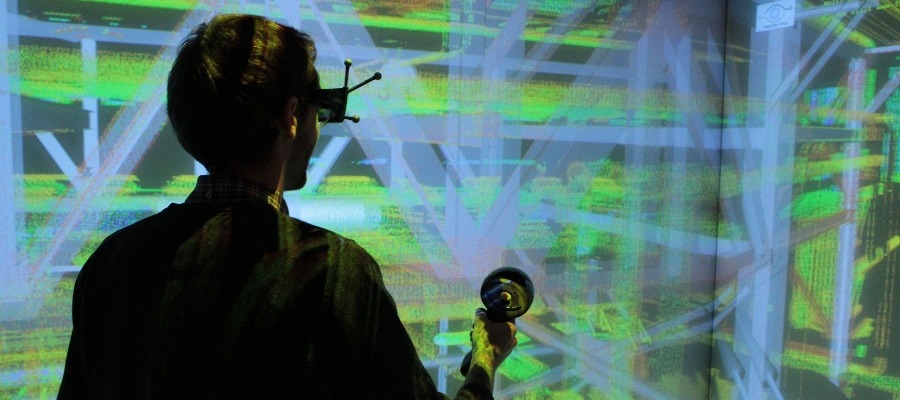
With TechViz, companies can instantly visualize their 3D data in virtual reality, directly from their existing CAD or simulation software. This seamless workflow turns complex models into immersive experiences, helping teams collaborate more efficiently, identify design flaws earlier, and engage clients or partners with realistic, interactive presentations. By bringing innovation and agility to their processes, organizations across all industries can unlock the full potential of VR without changing their tools or workflows.
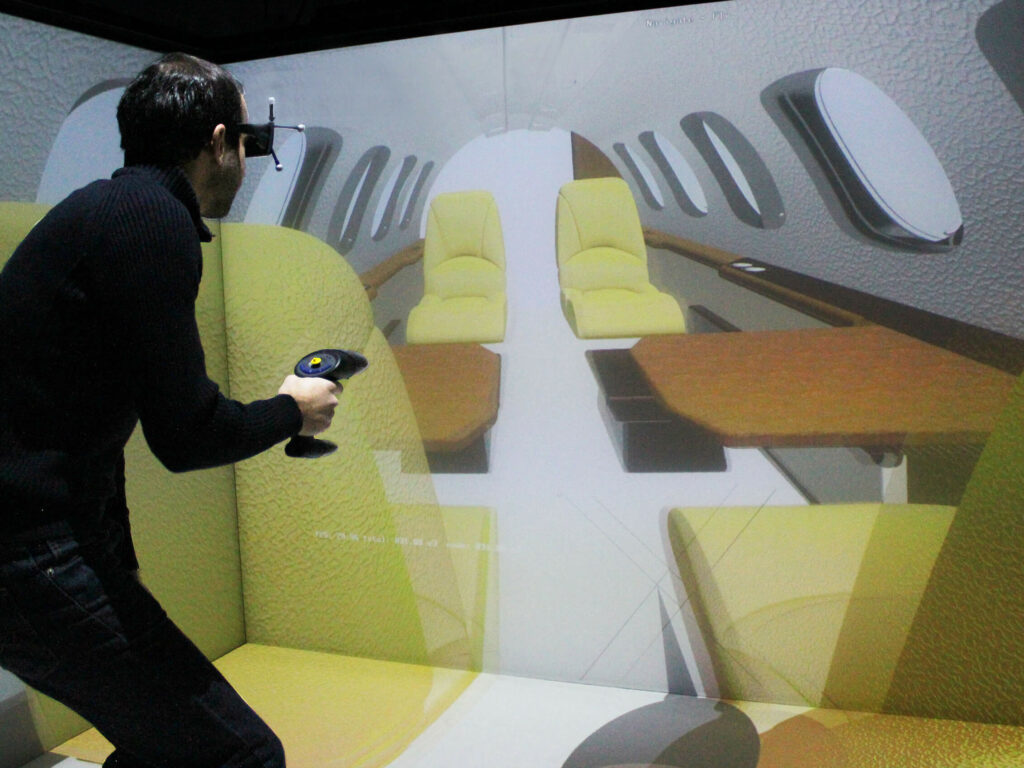
From developing new medical techniques to train future doctor and nurses, virtual reality has many applications in the healthcare sector. Virtual reality and mixed reality have primarily used for knowledge platforms, guidance systems and simulation practice. Either the VR training focuses on a specialized skill or a field or knowledge, runs an immersive medical scenario, or trains the user for telemedicine. Here are some applications for VR training in the healthcare sector:
The role played by virtual reality in health care is getting larger every day, especially because it gives new ways to reduce pain or provide therapy. However, many uses of virtual reality in the healthcare sector are still at the research stage, and have not made their way to the general public yet. Besides, many applications not only require a virtual reality system, but also other sensors and input modalities, such as eye-tracking, motion tracking or brain-computer interfaces. Commercially viable VR systems in healthcare are not commonly used for now. This highlights a potential evolution of the market, for instance in remote health settings.
Virtual reality helps advertisers reach their audience more efficiently, with immersive VR content. Unlike conventional ads, VR ads are more engaging for the viewers, because they are fully interactive. This kind of content not only helps promoting sales, but also increase brand awareness. VR as a sales rep tool was used, for example, in healthcare advertising. It enabled brands like Acadia Pharma to put the viewers into the shoes of different persons suffering from Parkinson’s disease, or Greenwich Biosciences who walked a medical conference attendee through the 3D rendering or their manufacturing line.
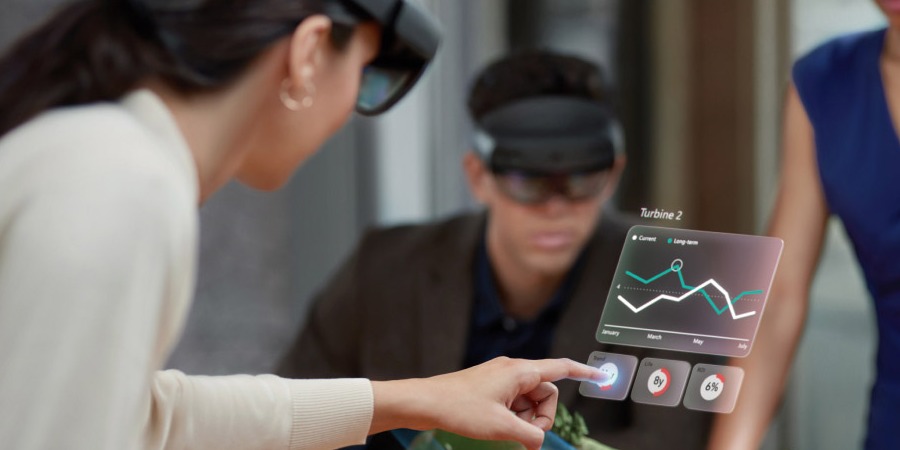
As always, there is a struggle between shopping online and shopping in a physical outlet. Most of people prefer to purchase products from physical stores, because they can experience the product in reality. With Virtual reality you can combine all the benefits from both the online and physical store. Who wouldn’t want a fully immersive experience to test the real product in the comfort of their own home? A simple HMD and you can stroll across a product store instead of scrolling on a product page. Or instead of a full virtual showroom, you can just include VR content for your products. If the shoe fits…
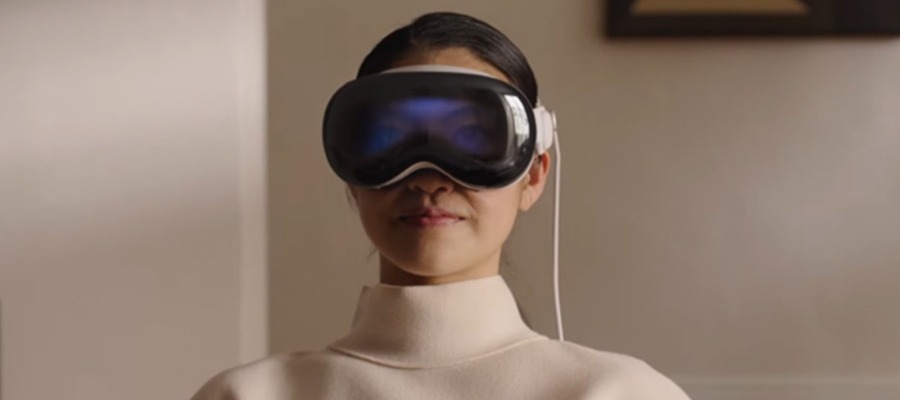
Virtual reality plays an important role for user experience, as it immerges the user in a three-dimensional virtual world. The virtual reality systems usually give visual and auditory feedbacks, and can be supplemented by other devices for other sensory feedbacks (mostly touch or smell), in order to further the immersion. The immersion of the user in a virtual world created by a company makes it powerful marketing tool.
A key area for virtual reality in marketing is brand management. For instance, many car brands like Nissan, Volvo or Honda have created VR applications too either explore a vehicle, or design their own. As the user is enjoying the virtual experience, they further their relationship with the brand.
Virtual reality can also be a tool to study the consumer’s decision-making process, which can be very useful for market research. For instance, the same VR content you can use for virtual prototyping and design review can be used more broadly to get customer feedback on store layout or product packaging.
Businesses operating within the travel an tourism industry have quickly adopted virtual reality When a client wants to prepare for a trip they need a lot of information. VR enables virtual visitors to plan for their future accommodations, by conveying all the needed information in an immersive way. These experiences can be done from home, but also during your trip to your destination. Did you know that some providers use VR to advertise (and hopefully up-sell) a visit to other tourism attractions? It has a better ROI than just giving a brochure.
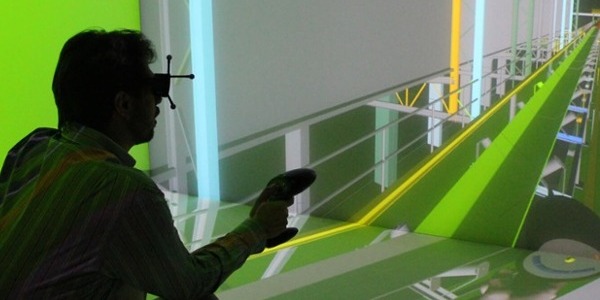
Depending on your use case, you might need to rely on different software and hardware. Consult with VR/AR experts like TechViz team to identify with you the right equipment for your specific use cases.
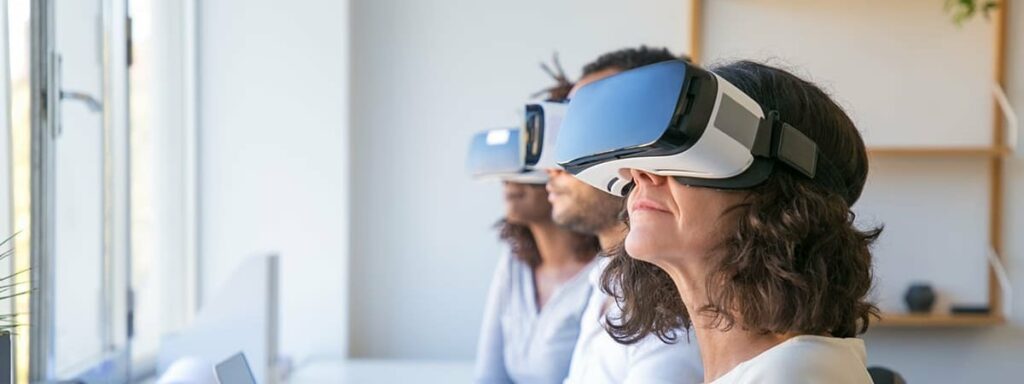
Everyone links virtual reality to the gaming industry. The overall awareness of virtual reality, and the entertainment sector business value, has been pushed by the progress of virtual and augmented technologies. Virtual reality games are of the hottest topics right now, and its possibilities have benefitted other industries as well. The VR hype fuels the entire market, from VR content creators to hardware producers, and pulls the market towards more innovation and diversified use cases.
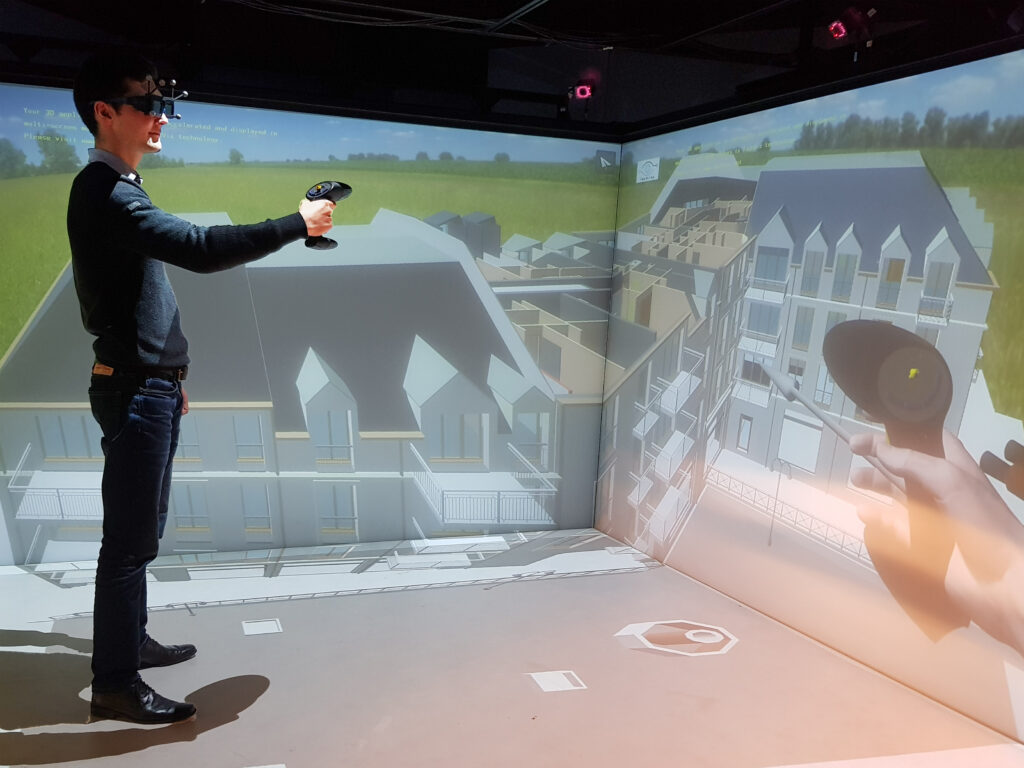
Buying or selling a property is typically inconvenient and time-consuming. Mostly because you need to set a meeting with the clients for the different visits, there’s all the traveling expenditures to count as well. Besides, a lot of clients first search on the internet for the best properties. With VR, your clients experience a virtual reality showcase and do all the visits simply equipped with an HMD. With VR, they can narrow their choices down, and the presence of the real estate agent might not be necessary in the guided visit.
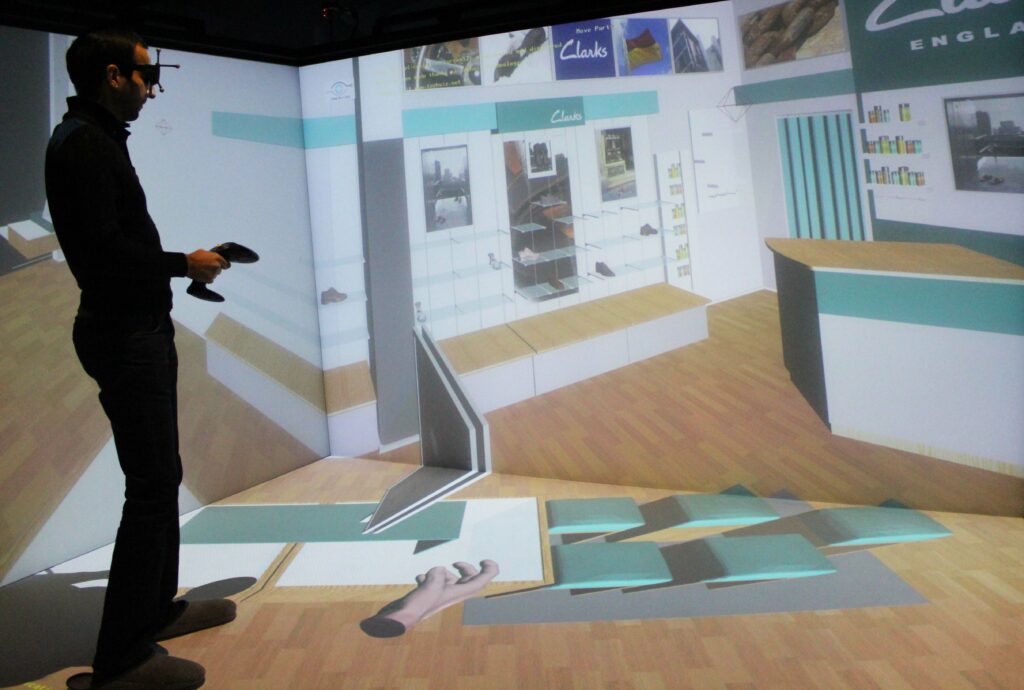
As stated for e-commerce, virtual reality can offer a more entertaining and engaging retail experience. This technology will be particularly useful for complex or customized products that can’t be seen easily through a computer screen. VR allows for a better product trial before purchase. This works for stores, for example for trying on clothes, but also for other virtual reality experiences like test-driving a car.
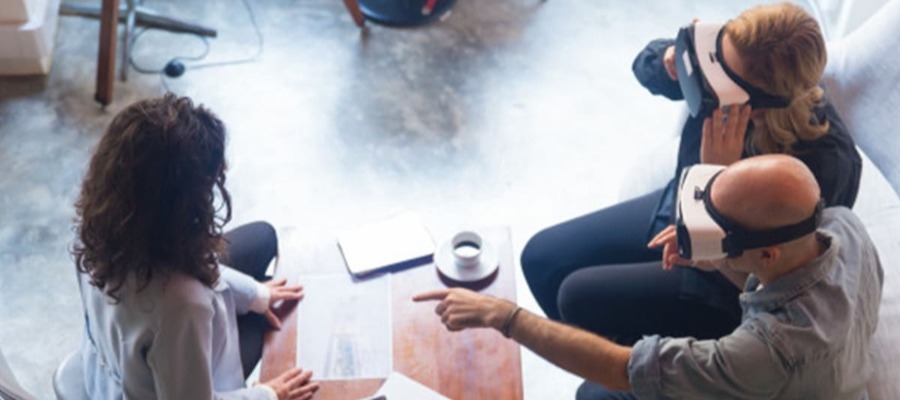
Since the Covid 19 period, many events or shows have gone digital. Because VR still needs to seduce a broader audience, let alone the general public, it is still limited to small events or specialized ones like VR-Days. But with VR hardware getting affordable, no doubt this application can look forward to a bright (virtual) future.